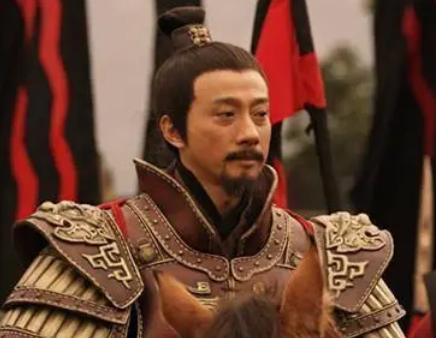When discussing the treasures of traditional Chinese culture, we have to mention the great work of "Tao Te Ching". However, there is often a misunderstanding about whether it is a Buddhist or Taoist work. In fact, "Tao Te Ching" is not a Buddhist classic, but is regarded as the integrator of Taoist thought. This article will elaborate on the historical status of "Tao Te Ching" as a great work of Taoism and its profound influence on later generations.

"Tao Te Ching" was written by Lao Tzu, an ancient Chinese philosopher, and is one of the important classics of Taoist philosophy. It consists of two parts: "Dao Jing" and "De Jing", with a total of more than 5,000 words, containing Lao Tzu's profound insights into the universe, nature, society, and life. The core idea of "Tao Te Ching" is "Dao", which advocates the concept of following nature and governing by doing nothing, emphasizing inner cultivation and indifference to external things.
Unlike Buddhism, Taoism, as a native religion and philosophical system, mainly focuses on the harmonious coexistence of man and nature, as well as the cultivation and transcendence of individual life. Although "Tao Te Ching" does not directly discuss the teachings of Buddhism, the philosophical ideas contained in it have also had a certain impact on Buddhist culture. For example, both "Yuanqi Xingkong" in Buddhism and "Wuwei" in "Tao Te Ching" advocate transcending the secular world and pursuing inner peace and freedom to some extent.
The influence of "Tao Te Ching" has far exceeded the religious field, and its wisdom has been widely used in politics, economy, culture and other aspects. In Chinese history, many emperors and ministers have borrowed the governance principles from "Tao Te Ching" to achieve long-term stability and prosperity of the country. At the same time, many literary figures have also drawn inspiration from it and created countless works handed down from generation to generation.
In addition to its profound influence on Chinese native culture, "Tao Te Ching" has also been translated into multiple languages and spread to various parts of the world. Its thoughts have inspired western philosophers such as Nietzsche and Hegel, and have also had an important impact on the development of western philosophy. Internationally, more and more people have begun to study "Tao Te Ching" as a key to understanding Chinese culture.
In conclusion, as a great work of Taoism, although "Tao Te Ching" is not a Buddhist classic, its influence has crossed the boundaries of religion and culture. It is not only a treasure of Chinese philosophy, but also an important part of world cultural heritage. Through "Tao Te Ching", we can better understand the essence of Taoist philosophy and feel its profound influence on human civilization.
Disclaimer: The above content is sourced from the internet and the copyright belongs to the original author. If there is any infringement of your original copyright, please inform us and we will delete the relevant content as soon as possible.
































